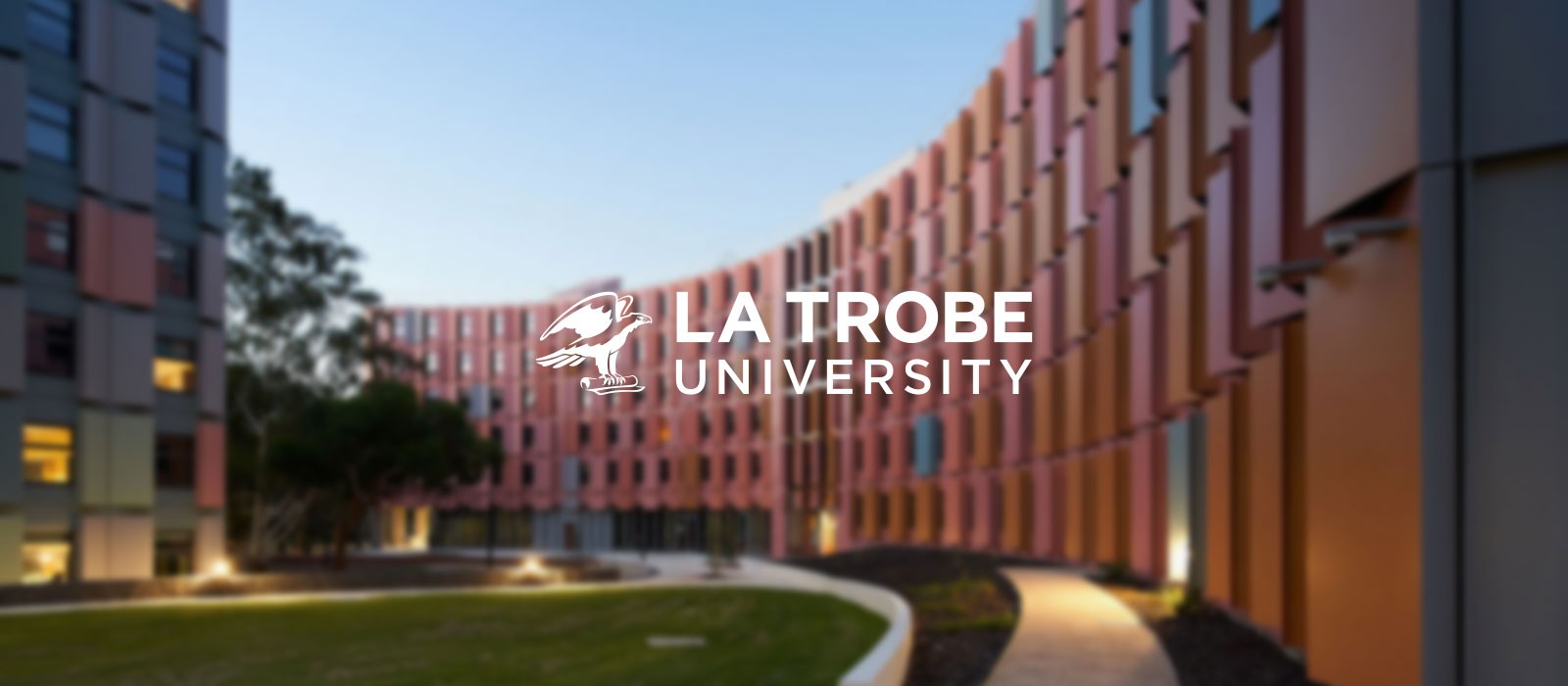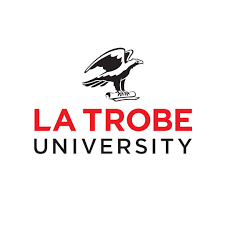
MASTER OF BIOTECHNOLOGY AND BIOINFORMATICS


Overview
Duration
2 YEARS FULL-TIME
2 YEARS FULL-TIME
Scholarship
YES
YES
Fee
A$39 800 PER 120 CREDIT POINTS.
A$39 800 PER 120 CREDIT POINTS.
Intake
SEMESTER 1 (MARCH 2025), SEMESTER 2 (JULY 2025)
SEMESTER 1 (MARCH 2025), SEMESTER 2 (JULY 2025)
Overview
- About the Master of Biotechnology and Bioinformatics
- In La Trobe's Master of Biotechnology and Bioinformatics, you'll learn to harness new and emerging technologies in human health, diagnostics, sustainability, food security and renewable energy.
- Develop the human skills and technical expertise to launch a career in a range of exciting industries. From biological products to pharmaceuticals, agriculture to nutrition: you'll be prepared to work in the fields that rely on this fast-growing area of science.
- This degree gives you more than flexibility in your career – it also gives you flexibility in how you study. In your final year, you could take an advanced bioinformatics pathway. Or you could choose the research project pathway instead, enjoying unrivalled access to industry networks and researchers in the field and benefiting from 25-30 hours of laboratory time each week.
- If you decide you want to head straight into the workforce, you could even exit with a Graduate Diploma in Biotechnology and Bioinformatics after successfully completing the first year of this degree.
- You'll learn:
- Bioinformatics
- Use industry-standard bioinformatics software to address biological problems.
- Practical biotechnology
- Gain practical skills in PCR, cloning, protein expression, protein purification and immunoblotting laboratory techniques.
- Scientific communication skills
- Build your expertise in writing reports and presenting data.
Inquire Now
ENTRY REQUIREMENT
- Academic entry requirement
- Prerequisites
- Specialisation - compulsory: At least two years (four semesters) of biology, including at least two semesters in any of the following areas of study at second-year level or above: biochemistry, microbiology, immunology, cell biology, genetics or biotechnology.
- Applicants must have an Australian Bachelor's degree (or international equivalent).
- WAM - Weighted Average Mark (WAM) 60%
- English language requirement
- 6.5 IELTS (Academic) with no individual band less than 6.0.
COURSE AND CAREER OUTCOMES
- Master of Biotechnology and Bioinformatics intended learning outcomes
- Critically analyse and solve complex problems in biotechnology and bioinformatics, including data science, by using expert judgement, advanced knowledge and multidisciplinary approaches
- Apply understanding of complex theoretical concepts and the integration of advanced skills and specialised knowledge of biotechnology and bioinformatics
- Apply advanced knowledge from biochemistry, bioinformatics, molecular biology and genetics to recent developments in these disciplines
- Evaluate the appropriate application of advanced techniques and scientific approaches for scientific problems in biotechnology and bioinformatics
- Communicate scientific information in biotechnology and bioinformatics to specialist and non-specialist audiences orally and in writing
- Work effectively and ethically individually and as a team member to address scientific problems in biotechnology and bioinformatics
- Implement research projects and experiments using advanced concepts and techniques in biotechnology or bioinformatics
- Master of Biotechnology and Bioinformatics career opportunities
- Graduates will have the skills and knowledge to find employment in a range of roles, including:
- Biotechnologist
- Work in biopharmaceutical research and development designing products and constructing biological systems.
- Bioinformatician
- Collect and interpret data for a range of fields, including genetics and pharmaceutics.
- Microbiology
- Study microscopic life forms and processes, including their growth, interactions and characteristics.
- Research assistant
- Perform and analyse experiments, provide technical support to research teams and manage the day-to-day running of a laboratory.
FEES AND SCHOLARSHIPS
- Estimated course fees for international students
- Estimated fees per year (2025):
- A$39 800 per 120 credit points.
- Note: 120 credit points represents full-time study for one year.
- International scholarships
- Destination Australia – an Australian Government initiative
- The Destination Australia scheme supports new international students to study in regional Australia and offers students a high-quality learning experience. For eligible applicants, these scholarships are worth up to A$15 000 per annum for up to four years.
Popular Courses
Start your journey with landmark today!
Find your perfect course
Answer a few questions and
our course matcher will do the rest
Head Office
Level 5, IT Plaza
Kamaladi, Kathmandu
Tel: +977 14542781, 9845566225
E-mail: info@landmarkedu.com
Kamaladi, Kathmandu
Tel: +977 14542781, 9845566225
E-mail: info@landmarkedu.com
Sydney office
Suite 1 Level 1,
46 Macquarie Street,
Parramatta, NSW
Tel: +61 415 122 814
46 Macquarie Street,
Parramatta, NSW
Tel: +61 415 122 814
Branch office
Sahidchowk, Chitwan
Tel: 056-590825
Tel: 056-590825
Mahendrachowk, Biratnagar
Tel: 021-590828
Tel: 021-590828
Level 2, Milanchowk, Butwal, Rupandehi
Tel: 977-71-591694
Tel: 977-71-591694
© Landmark Education. All rights reserved.


